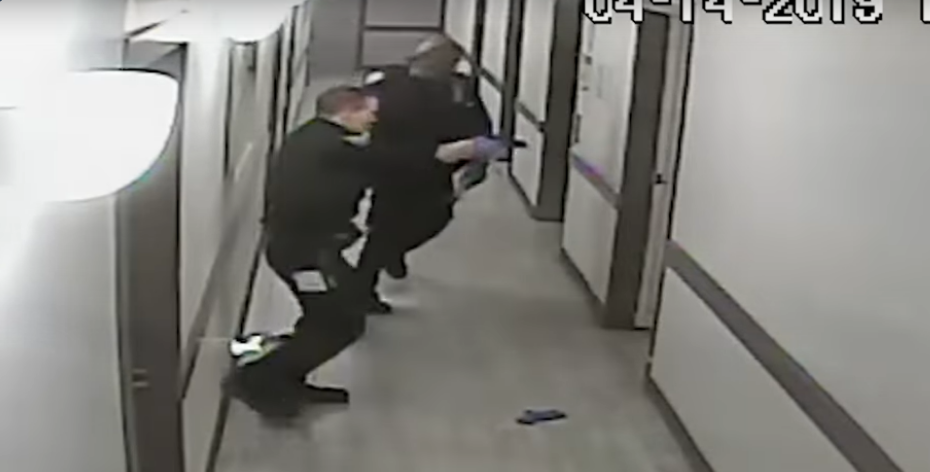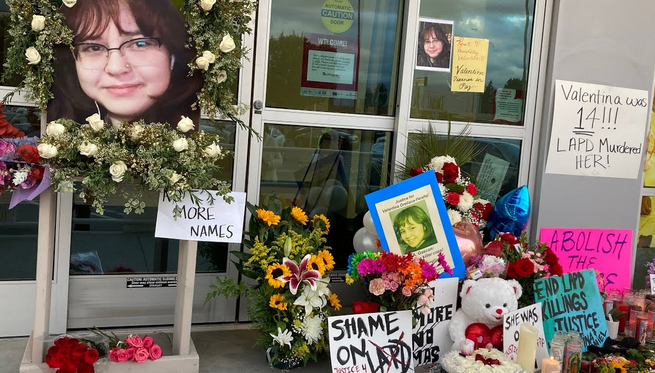Foreign Minister Alexis Thambwe-Mwamba who made the allegation yesterday in the capital, Kinshasa, refused to identify the nation for "diplomatic reasons."
[Global: Africa]
Nov. 27 (Bloomberg) — The Democratic Republic of Congo said one of the countries that contribute soldiers to the United Nations peacekeeping force is complicit in a conflict in the east of the country that displaced 250,000 people.
Foreign Minister Alexis Thambwe-Mwamba who made the allegation yesterday in the capital, Kinshasa, refused to identify the nation for “diplomatic reasons.” The British Broadcasting Corp. reported that Congo had requested that no Indian troops be included in the 3,000 extra soldiers being sent to bolster the UN force, citing Communications Minister Lambert Mende. Mende was unavailable for comment when called yesterday by Bloomberg.
“We today have extremely serious proof against this country on what you could call complicity concerning what’s going on in the east,” Thambwe told reporters.
At least 100 people have died and more than 150 have been injured in eastern Congo since clashes broke out in August between Laurent Nkunda’s rebel National Congress for the Defense of the People, or CNDP, and Congo’s army. While the UN Mission in Congo, known as Monuc, has 16,500 soldiers in the country, it has failed to stem the conflict in the region.
Peacekeepers from the unidentified country allowed the CNDP to invade a restocked army base ahead of a troop advance that brought them to within 10 kilometers (6 miles) of Goma, capital of the North Kivu province, last month, Thambwe said. A letter has been sent to UN Secretary-General Ban Ki-moon detailing Congo’s concerns, Thambwe said.
Ban received a letter from Congo, Monuc spokesman Madnodje Mounoubai told reporters yesterday at the briefing. He declined to provide further details. India’s ambassador wasn’t immediately available for comment when the Indian Embassy in Kinshasa was called today for comment.
With at least 4,000 troops, India is the largest contributor nation to Monuc’s force. The UN Security Council last week approved 3,000 temporary reinforcements, who are expected to arrive early next year.
UN mediator Olusegun Obasanjo, a former Nigerian president, is due to meet President Joseph Kabila and Nkunda for the second time this weekend to push for direct talks between the two sides. Thambwe reiterated Congo’s rejection of the one-on-one talks demanded by Nkunda. It will only negotiate with the CNDP within the Amani Program, a forum which includes over 20 armed groups in North and South Kivu, he said.
The government set up Amani, which means peace in Swahili, after signing a cease-fire deal with the different armed groups in January. The CNDP on Nov. 25 breached an informal cease-fire by entering a Monuc-patrolled buffer zone north of the territory it controls, according to the UN.
At least 200,000 civilians have left their homes in North Kivu to stay in the forest in areas north of Kiwanja, 75 kilometers north of Goma, Mounoubai said yesterday. “These people fear a possible occupation of their places by the CNDP or exactions by uncontrolled elements of the” Congolese army, he said.
Revenge killings and kidnappings of civilians are continuing in Kiwanja and Rutshuru, both controlled by the CNDP, according to Anneke Van Woudenberg, senior Congo researcher with Human Rights Watch.
Angola and South Africa are among countries from the Southern African Development Community that have sent a group of military experts to assess the necessity of military support for Congo, Thambwe said.
Congo is using satellite technology to try to obtain evidence that neighboring Rwanda is supporting Nkunda, Thambwe said.
Rwanda denies accusations of any link with the CNDP and accuses Congo of collaborating with a mainly Rwandan ethnic Hutu militia, whose leaders fled to Kivu after being involved in the slaughter of 800,000 ethnic Tutsis and moderate Hutus in the Rwandan genocide in 1994. Congo dismisses the claims.
To contact the reporter on this story: Franz Wild in Kinshasa via Johannesburg at [email protected].











